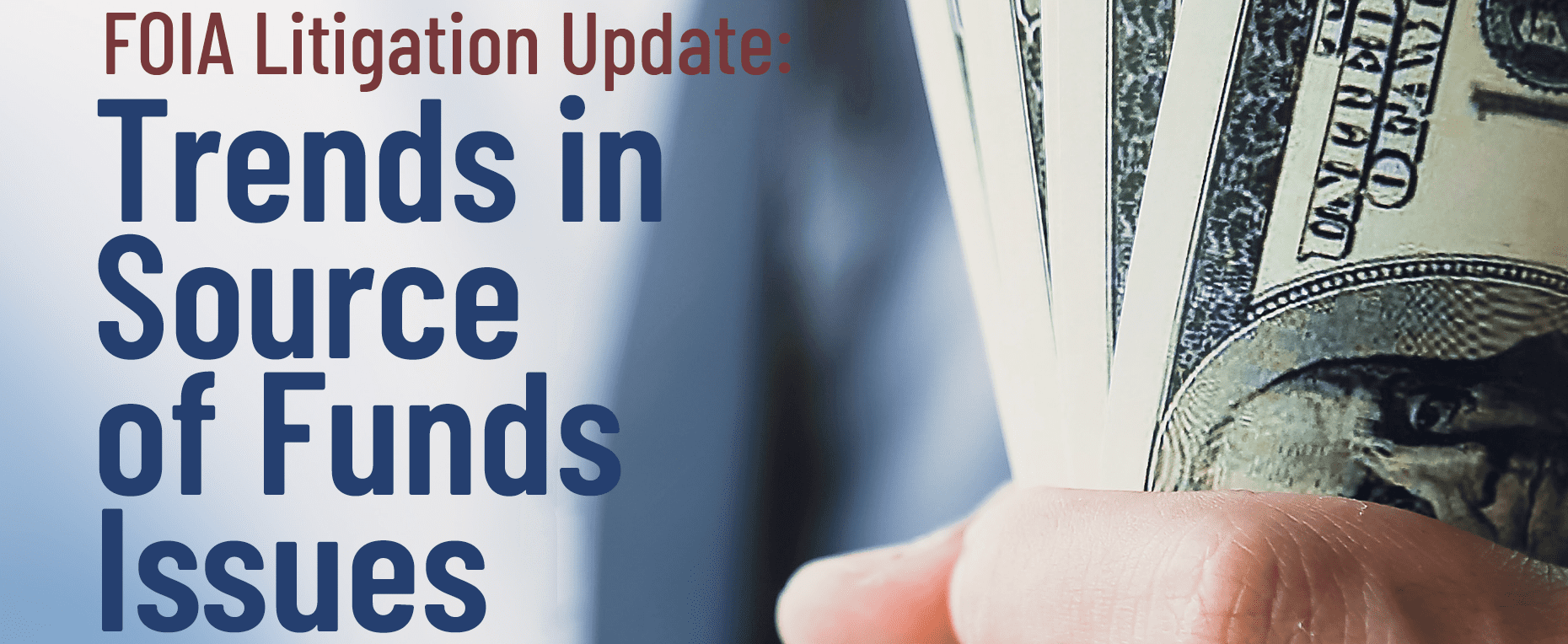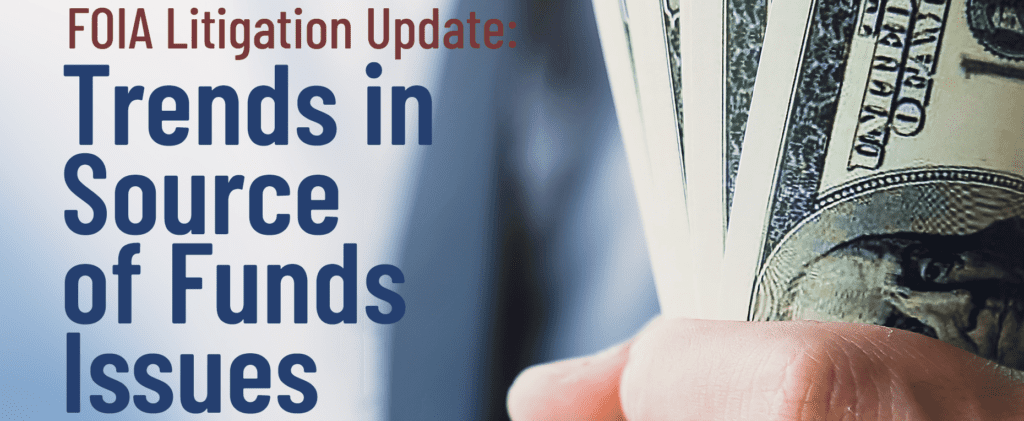RCBJ Perspectives: FOIA Litigation Update: Trends in Source of Funds Issues
By John P. Pratt, Partner & Edward F. Ramos, Partner | Kurzban Kurzban Tetzeli & Pratt
This article originally appeared in the May 2024 issue of IIUSA’s Regional Center Business Journal
Over the past two years, IIUSA has collaborated with Kurzban Kurzban Tetzeli & Pratt (KKTP) on litigation under the Freedom of Information Act (FOIA) aimed at uncovering changes and trends in the IPO’s adjudication of source-of-funds issues. During that time, we have obtained and analyzed over 5,000 pages of documents. This article highlights what we learned (and what suspicions we confirmed) through this ongoing FOIA case.
All documents obtained through the FOIA lawsuit are accessible on KKTP’s website at https://www.kktplaw.com/case-alerts/foia/.
USCIS Targets Investor Use of “Currency Swaps” to Exchange Funds
“Currency swaps,” sometimes called “informal value transfers,” are a popular way to exchange local currency into U.S. dollars and then transfer those funds to the United States to make an EB‑5 investment. In a currency swap, an investor transfers local funds to a third party, who in turn transfers U.S. dollars held in the United States (or another country without currency restrictions) to the investor or the investor’s new commercial enterprise. Currency swaps have historically been used by investors from countries with restrictions on currency export (such as China and Vietnam) because they facilitate EB-5 investments without the need to transfer funds directly out of a country with currency export restrictions.
In 2017, EB-5 attorneys began to see a spate of Requests for Evidence (RFE) for investors who used currency swaps.[1] Despite the longstanding popularity of this method of currency exchange, USCIS for the first time began asking investors to prove not only the lawful source of their EB-5 funds, but also to show the lawful source of funds for any third parties that helped with a currency swap. In many cases, these requests were for investments made many years prior. Investors who were unable to prove the lawful source of the third party’s U.S. dollars then faced I-526 petition denials.
We now have evidence that these RFEs and denials resulted from an affirmative decision within the IPO to change policy on cases involving currency swaps. An internal USCIS email dated February 2017, titled “Informal Money Transfer/3rd Party Currency Swap/Informal Value Transfer,” describes a “new direction we are taking when it comes to IVTs [Informal Value Transfers].” The email explains that the IPO, “[b]ased on discussions with FDNS [Fraud Detection and National Security], IPO Leadership and OCC [Office of Chief Counsel],…will be rolling out” new currency-swap “guidance to the floor.”
[1] See, e.g., Jennifer Hermansky, Third Party Currency Swaps: Considerations for RFEs, 6 IIUSA Business Journal 38 (Oct. 2018).
READ FULL ARTICLE









